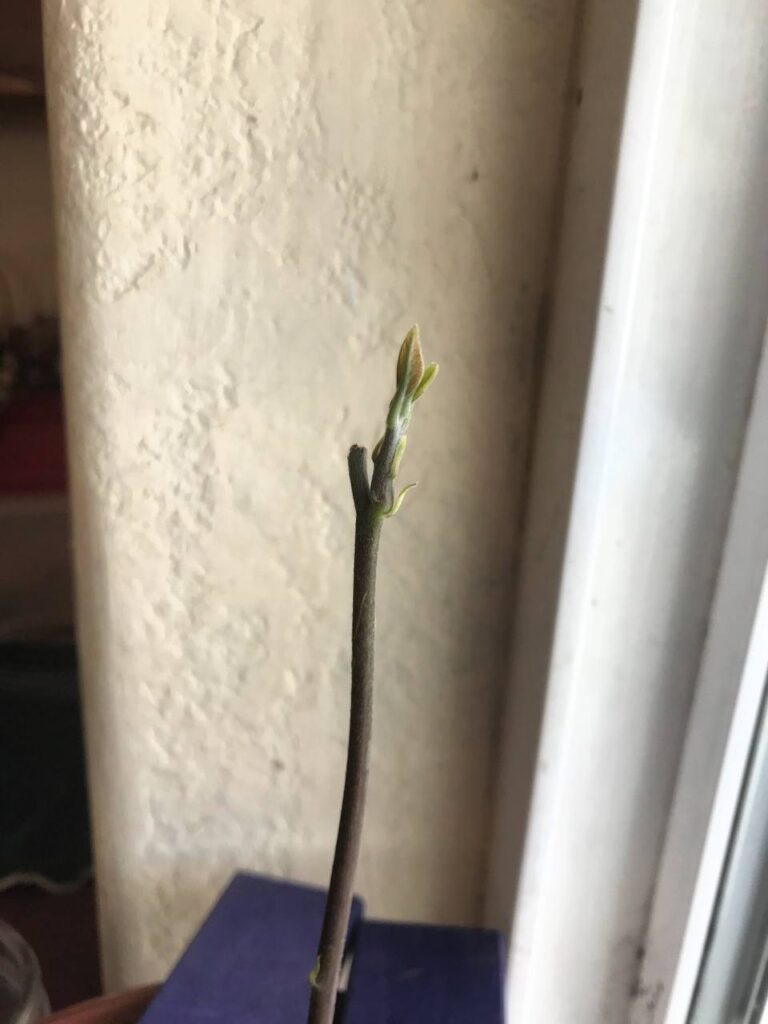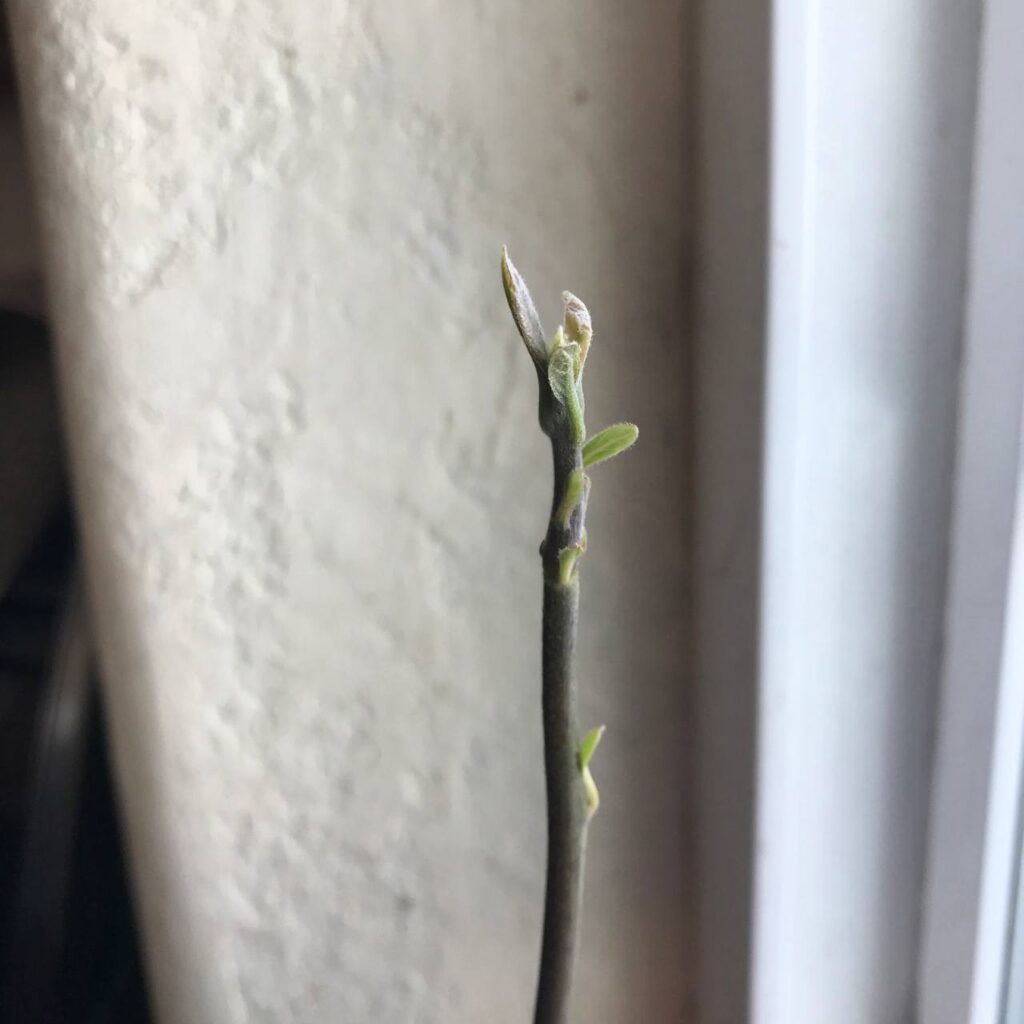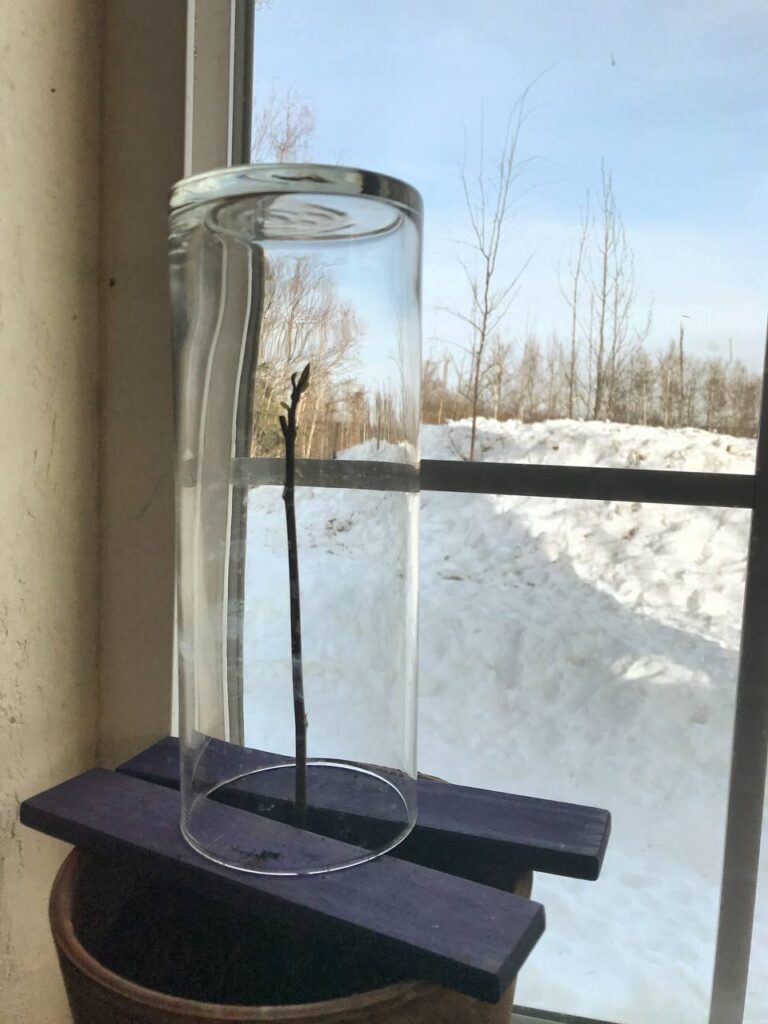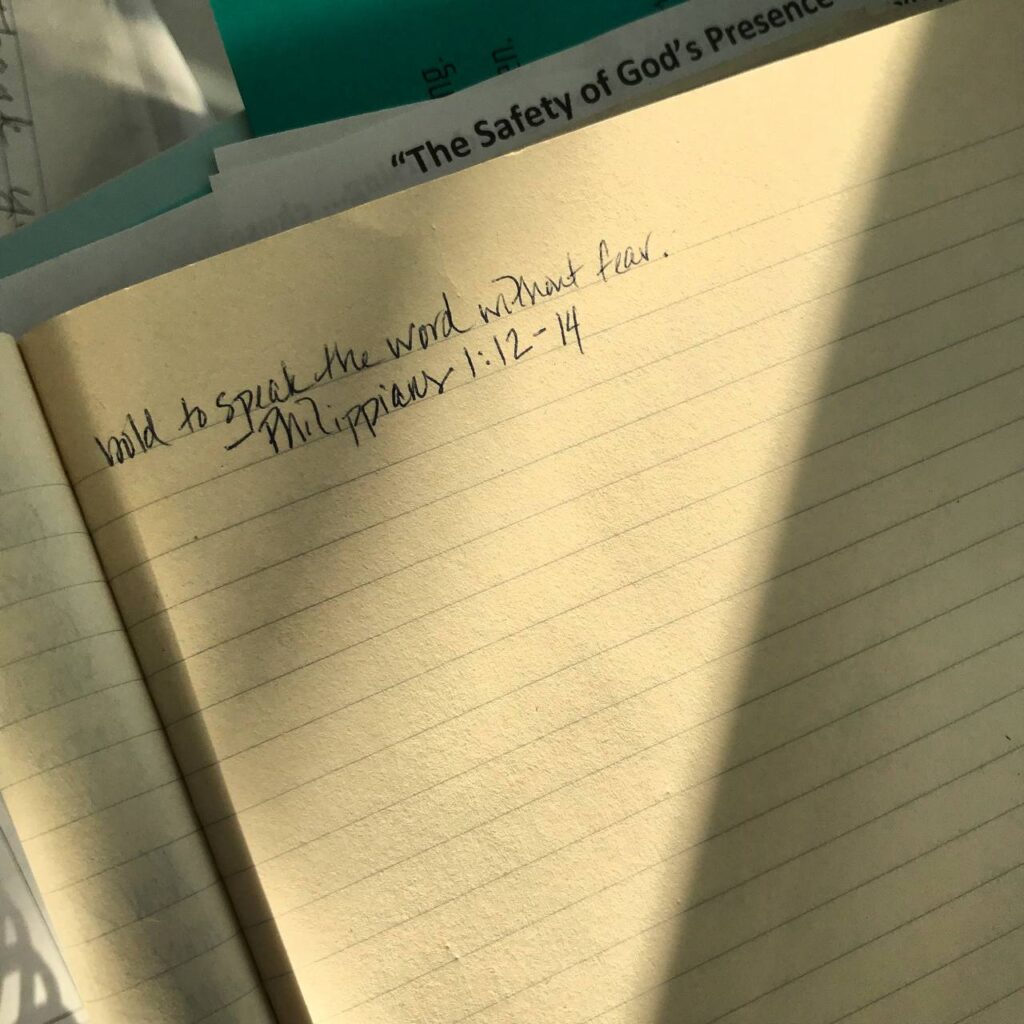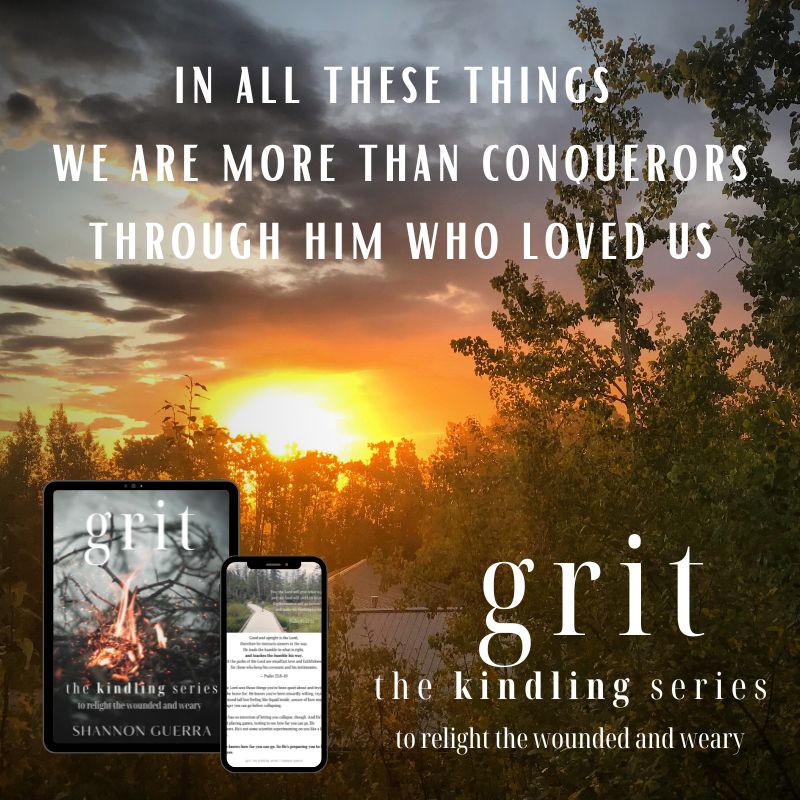Here’s a super fun craft: Take clear contact paper, cut it into dozens of hearts, and stick tiny squares of colored tissue paper to them. Hang them in the window. Gorgeous and simple, right?
It is, it really is. As long as you get someone else to remove the backing of the *&#%^!@ contact paper.
How do I know this? I spent the greater part of a church service recently peeling off these filmy contact paper backings in the preschool class and almost lost my Sunday School card. Turns out it requires intercession, praying in tongues, and friction. And not just that, because you can apply all three at once, right away, and it still takes a certain amount of time for the backing to release itself enough that you can gain purchase on the tiniest amount of paper real estate between your fingers to finally peel that sucker off.
YAY. “What are we learning about today, kids? Patience and sanctification.”

This has been the name of the game for years now. We went through another round of testing last week for one of our kids and a new report arrived in my email; some of the results were no surprise but others threw me for a loop. Conclusions were repeatedly “borderline,” “low,” and “extremely low,” and I reminded myself that this wasn’t an evaluation of my parenting, or our efforts, or our homeschooling, or our family. This was an evaluation of one child’s cognitive ability and special needs. It’s not the final word, it’s a hoop to jump through so we can take the next step.
I reminded myself of something I learned long ago, in a galaxy far, far away, when I worked with other kids who had special needs: No one is as bad as their diagnoses. And that’s comforting because there are all these numbers here: Percentile Rank 5, Percentile Rank 2, Percentile Rank .1…as in, one tenth.
Those first few years matter for children. Those 40 weeks in utero matter, too – the environment, the mother’s health and wholeness, the atmosphere she lives in. But then the birth, and infancy, and toddlerhood, and all those milestones: Kids learn to roll and crawl and walk while the brain lays down tracks with synapses and dendrites, creating an expanding atlas of highways and thoroughfares with every healthy relationship and interaction. Days of wholeness create whole new countries filled with possibilities, and the passport is built in the brain to take them everywhere those neurons can reach.
But when those tracks have been derailed, tangled for the first several years through trauma and neglect, the map is much more limited. The green lights are fewer; the behaviors and deficiencies confine the borders with red lights everywhere.
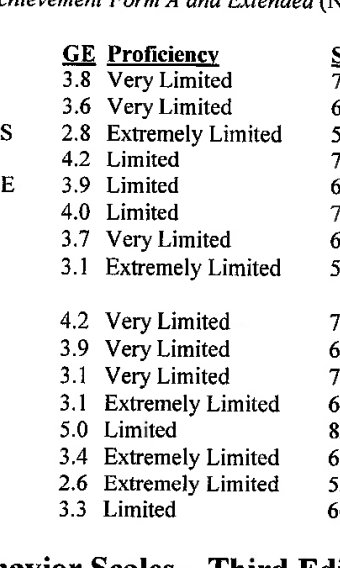
I cannot quite wrap my own brain around what to think of this report. On one side, grief and bewilderment: After a few hours of testing, this paper distills someone I love and have fought so much for down to such small numbers. I wonder what we could’ve or should’ve done to change the test results. I wonder if changing those results would’ve mattered, and realize it wouldn’t. His score is not his destiny, nor is it our appraisal.
So, on the other side is confirmation: This explains so much. No wonder this has been so hard. No wonder so many basic things have been such a battle. We have been trying to navigate this map with him, pushing on the edges of it whenever we felt brave enough to see if they would unroll and expand because we know these roads should go further. At one edge, we try the stoplight and it stays red no matter how long you wait. We go to another corner of the map and the same thing happens. We try another light in a different area and it turns green for a couple seconds, so we push the gas and start to move but the light turns red again before we’ve made it across, and whap, the edge furls tightly and throws us back to staring at the red light, looking in all the other directions, wondering which way to go.
And now we have some answers – not the kind that give you direction, of course, but the kind that explain the difficult terrain a little more. It’s not our road building skills or our map reading abilities. It’s sabotage; the lights are programmed this way.
Or put another way, we’ve been trying to go 40 miles an hour in a vehicle that won’t go past third gear. When you try to drive fast in a low gear, you can only reach a certain speed before more and more effort still doesn’t make you go any faster, it just uses more gas and wears out your engine.
We have seen the map expand here and there in small ways, and this process, too, has required significant intercession, praying in tongues, and friction. And even those aren’t enough, because you can apply all three at the same time and still take forever to gain the tiniest amount of new real estate.
There’s another section of the report that addresses adaptive behavior, and it says, “These scales address what a person actually does, rather than what he or she is able to do.” And this makes sense too; the issue is not so much ability, but willingness to walk in the risk of freedom. The map really is the same size as everyone else’s. The difference is that trauma and neglect in those early years curled the edges up tight to make the space left in the middle small, safe, and predictable.
And after almost eleven years now, I relate to this. We’ve lived with red lights for so long I don’t remember what living in the green light is like, though I know we’re called to do it. In those early years we repeatedly stretched toward freedom, and the aftermath was so severe we learned to be grateful for the small map, too. The edge snapped back so violently that we learned to approach it like an electric fence.
We are intercessors and we pray for healings and miracles. We don’t see them all the time but we do see them frequently and have experienced several ourselves – cysts disappeared, desperate sickness resolved, a hernia requiring surgery healing suddenly on its own. So when we adopted, this is where we were coming from: Yes, there would be challenges, but also yes, God is a healer and He wants to heal.
One of our pastors said recently that we, as burning ones, carry God’s fire and spread it to others – but also, we could go somewhere incredibly wet and have our own fire quenched. And when he said that, something inside me started to make sense.
Yes, Andrey and Reagan have been healed of so much. But also, we had no idea the depth of healing they needed or that the process of redemption would require even more layers of healing for our entire family. We were ablaze but a fire hose went off in the middle of us, and it took years to turn that thing off. By the time we did, there was still a ring of fire around our perimeter but the inside was filled with dripping, blackened coals. We’ve been drying out for years.
What I’m confessing here is that it’s easy for me to believe God’s miracles for you and others – I can even believe Him for a lot of miracles for myself and my family – but in this hardest area I have struggled with a soggy faith. We’ve contended for healing for our kids and their special needs (which are extensive, complicated, and often invisible to non-family members), but we’ve also lived with the red lights for years, the consequences of childhood trauma and the effects of it right in our faces on a daily basis.
We’re made to go places, though. We’re made to go past third gear.

You might have a situation like this, too – something that has restricted and held you back for so long that the risk of breaking through it seems scarier than the pain of living with it. The red light is safe, the green light leads to scary unknowns.
We live too close to these situations to see clearly, like a page of text held right up against our face. It’s too close, too blurry; my peripheral vision is gone and I know my perspective is out of whack. I know there’s more to this than what I see, but I can’t get this situation far enough away to focus. There’s no forty-thousand foot view, there’s just this jumble in front of me. I keep trying to put the pieces together but I can never see them all at once because they crowd too close.
I don’t believe our kids can’t be healed. But I fight cynicism and jadedness, afraid to get my hopes up too much. Isn’t it stupid, the games we play with ourselves? We try to protect our hearts from disappointment by choosing constant anxiety and suffering. Because that’s SO much nicer.
But we were made to live in freedom with the green light. So far I only know two ways to get there, and we can only do one of them for ourselves. The other we have to do for each other.
The first one is surrender. Surrendered living is choosing to live inverse, with your body turned inside out, vulnerability exposed. I have to let go of my fear, my desire for control, comfort, and safety, my worship of the mediocre that is less than what He’s called us to. I have to be willing to push the edge of the map and risk it electrocuting me. I have to process which red lights are real and which are fake, because a lot of them are green lights overlaid with fear and lies. And those ones? We can run those red lights.
The second thing, which can help the first thing happen, is to intercede wildly for each other. I want you to believe the things for me that I can’t see yet, as I believe those things for you. I won’t disregard your pain or make light of what you’ve been through. I won’t look down on you for the injuries you sustained when the edge of your map violently threw you backward; I have plenty of those scars, too. But I will believe for these things that feel so impossible for you because I’ve seen Him answer them before in others. I know your red lights are meant to be green, and the edge of your map can’t electrocute me. I know your coals are meant to burn brightly again.
When we pray over someone’s grief without judging them, we anonymously bring the fire to the hard, cynical, soggy places of their heart, and in the depths things begin to change. We might not see it on the surface but that’s okay because it’s not our business. Intercession and carrying the fire is our business – what the fire does is God’s business.
The edges thaw, then loosen and uncurl. We can start to see what’s hidden beyond, and curiosity overcomes our fear. The desire for freedom overrides desire for safety and control, and we look at the red light in front of us, wiggle the gear shift a little as we drive in circles around the perimeter, feeling the changes from second to third gear.
You know, something’s odd about that light; it’s darker than the rest. Look closely and you can see where the film is peeling.
It’s green underneath.
Someone must be praying for us because suddenly third gear no longer appeals and we surrender, dropping the hammer into fourth. We run the red light – there’s no opposition, no danger, it’s been green all along – and the map unfurls in surrender. We raise our hands in worship, exposing our vitals, and He reaches in and heals us.


